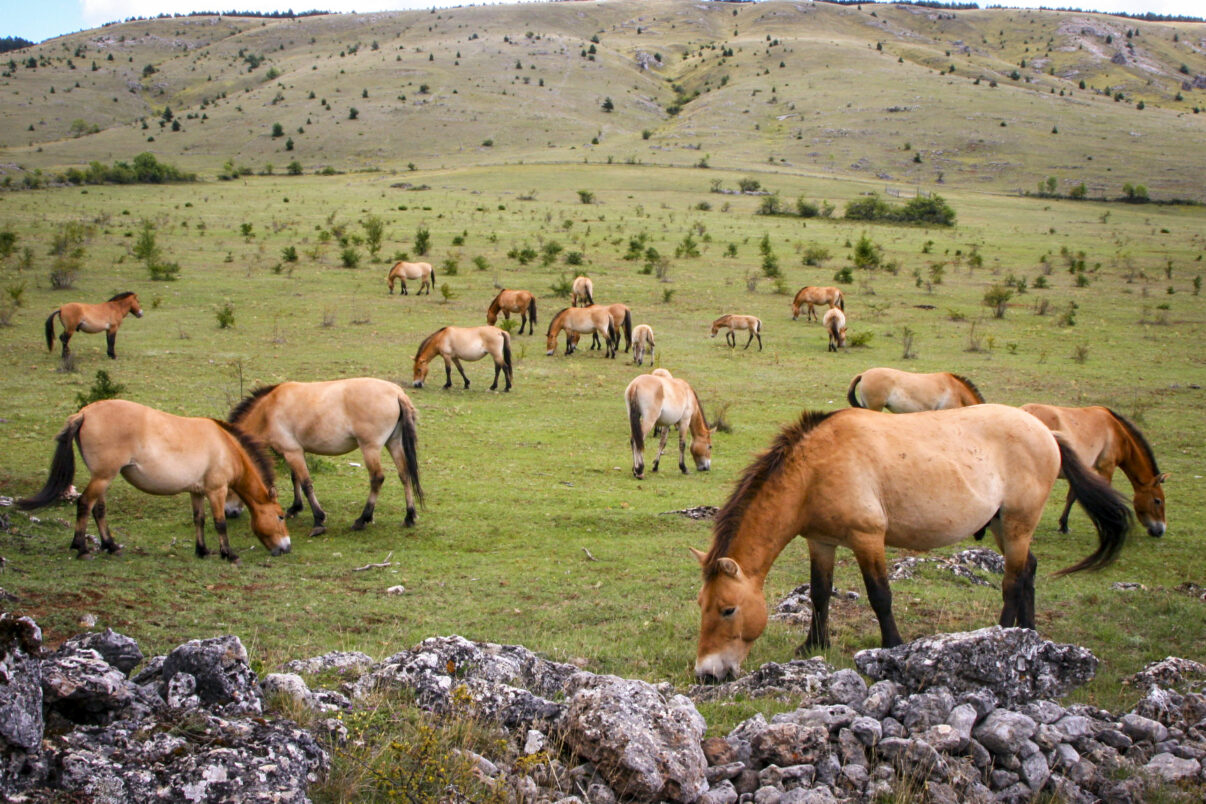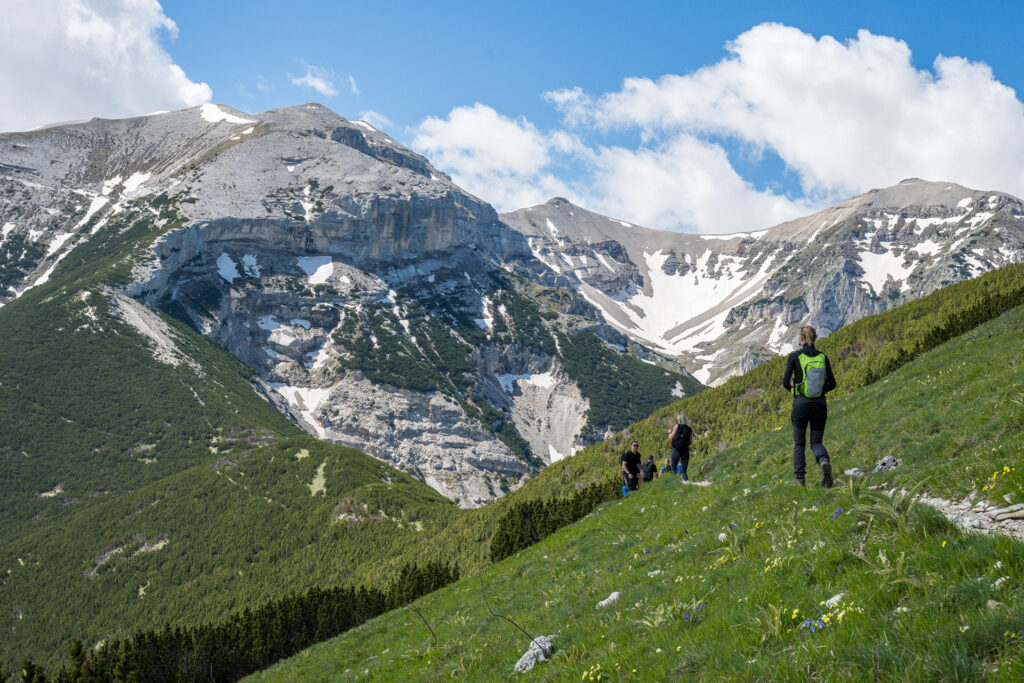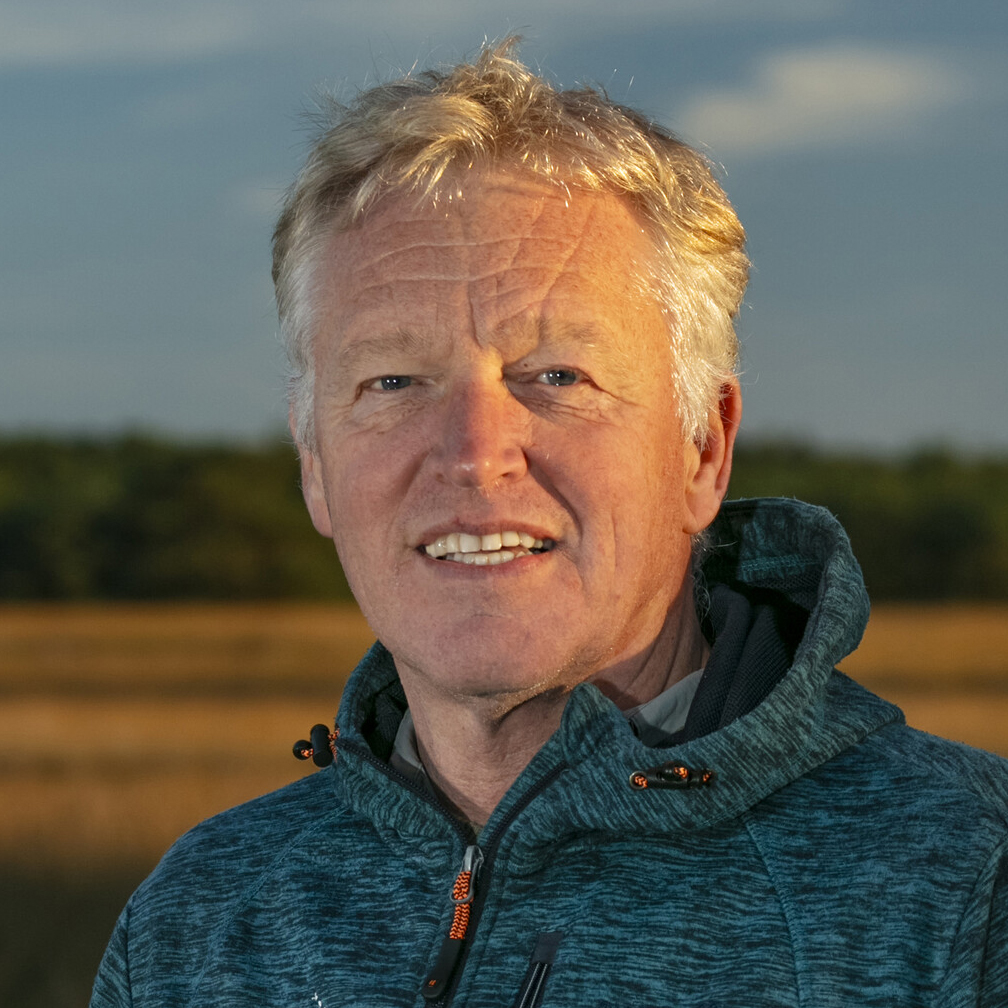In this blog, Frans Schepers, Executive Director of Rewilding Europe, outlines why rewilding offers transformative solutions than can enable nature and people to thrive together.

Human civilisation has always been shaped by dominant narratives. Religion once commanded our understanding of the world, followed by science during the Enlightenment. Today, economy and finance dictate global decision-making. We now stand at a moment of profound transformation.
As old structures crumble and belief systems fade, space opens for something new. Rarely have the opportunities for fundamental change been greater. In the midst of this transformation, as we reach social and environmental tipping points, rewilding is emerging as a powerful, systematic solution; a new paradigm rooted in ecological recovery.
Being part of the European and global rewilding community, I believe that rewilding is one of the systemic approaches that will shape our future. Whether we work on a specific river or forest, a specific ecosystem or landscape, or even in our backyard or city park, every act of rewilding contributes to a much larger effort to revive the Earth.

Rewilding provides a new frame for moving away from an anxious narrative to one of empowerment. For too long, environmental narratives have been dominated by fear, loss, and blame. Rewilding offers a different approach. Instead of only fighting threats, we can also seize opportunities. And such opportunities are all around us. We can give nature a helping hand, regenerate ecosystems, and create lasting benefits for both nature and people.
We can restore rivers and wetlands to reduce floods and droughts, we can rewild forests to make them more climate resilient, we can bring keystone wildlife species back that act as architects of our landscapes, and we can rewet peatlands to reduce carbon emissions.
This type of work has become the bread and butter for us at Rewilding Europe, and all our partners in 10 large landscapes across Europe. From the Nordic taiga in Sweden, the Montado landscapes in Portugal, and the vast marshlands of the Romanian Danube Delta to the mountains of the Italian Central Apennines. All the way from the Oder River on the border between Germany and Poland, to the Iberian Highlands in central Spain.
Together, we are working to demonstrate how rewilding is a holistic solution to many challenges and problems we face, delivering benefits to both nature and people and enabling them to thrive together. This makes it a very smart solution.
What drives and inspires us? The sheer power of nature to restore itself, if given time, space, and the right conditions to do so. Restoring natural processes that have shaped our landscapes forever is like switching on an engine that starts running again.
“In other words: rewilding is not about restoring a painting that needs curation, but about restoring a system that can look after itself.”

Frans Schepers
Rewilding Europe Executive Director
And for that reason, it is a very smart solution.
This new approach to recovering nature at scale requires courage and trust. Courage, because it is new and innovative and out of our comfort zone – a zone in which we are used to controlling and managing everything. Trust, because we must learn again how nature functions, not being risk averse, and rediscover how this can benefit us.
If we want to restore nature at scale in Europe, as we have committed to at EU and global policy levels, I believe the only way to achieve this is through rewilding. Traditional conservation often relies on intensive and costly management, while rewilding leverages nature’s own resilience, making large-scale recovery both feasible and sustainable.
This article was originally published by REVOLVE as “A Gold Standard for Ecological Recovery” (18 March 2025).
